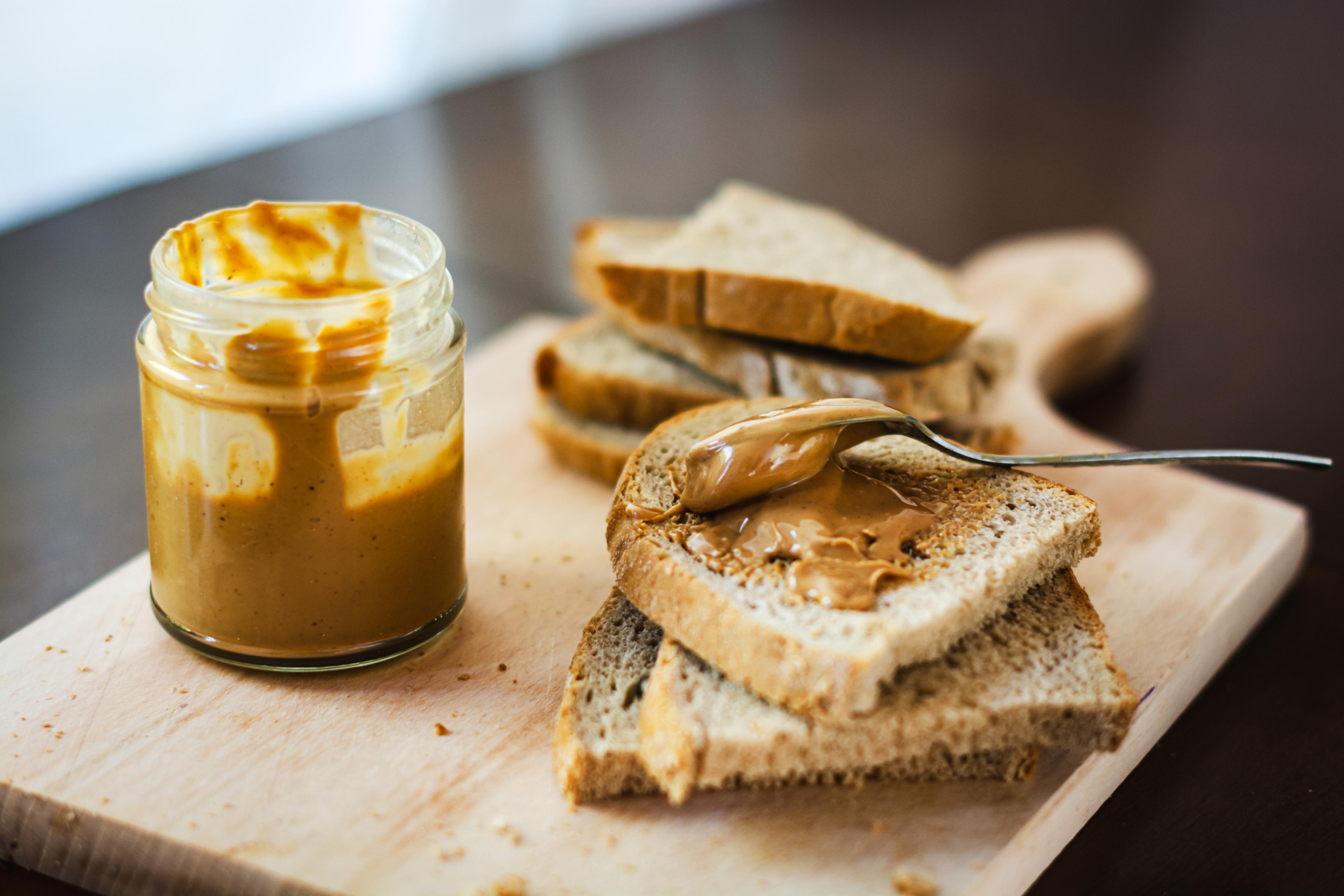Is Peanut Butter Healthy?
Shandra Martinez
| 3 min read

Peanut butter and jelly sandwiches. Little peanut butter crackers. Apples slices dipped in creamy peanut butter. From kids’ lunches to grown-up snacks, peanut butter is a staple in many households. But how healthy is peanut butter for you?
It turns out, there are a few things to unpack when you’re talking about peanut butter. On one hand, it’s a protein source. It’s in the legume family - along with beans and peas - which means it’s a good protein for people who want to eat less red meat or those who choose to have a vegetarian diet. But it’s also a food with a high fat content, which makes some people shy away from it. We’ll explain why the fat in some peanut butters is not necessarily a bad thing. In all, peanut butter can be part of a healthy, balanced diet.
A word of caution: Some people are allergic to peanuts or any products made with peanuts. These people should avoid eating peanut butter.
Check the labels
Like a lot of foods, the healthfulness of peanut butter depends on what kind you are eating. There are plenty of natural peanut butters on the market. Read the labels on those and you’ll see they contain just peanuts and maybe some salt. They’re also usually described as “natural” peanut butters - the kind that have a thin layer of oil sitting on the top, which needs to be stirred into the nut butter before using it. That’s OK. It’s a minimally processed type of peanut butter that’s got the highest health value for you.
On the other hand, most commercial brands of peanut butter usually have added sugars and oil on their ingredient list - even some trans fats. It makes these whipped peanut butters super-creamy and easy to spread, with no bumpy trace of actual ground peanuts. It also makes them less healthy for you.
Nutrients per serving
Let’s look at a 2 tablespoon serving of peanut butter, which is about the amount you would use in a peanut butter sandwich or spread on a couple pieces of toast. According to the U.S. Department of Agriculture, that serving contains:
- 7 grams of carbohydrates, including 1.5 grams of fiber
- 7 grams of protein
- 16grams of fat
These numbers show it’s a protein-rich food choice, but also one that derives more than 70% of its calories from fat. Should that worry you? Not really, according to a Harvard Medical School doctor who wrote about the issue. Like peanut butter, olive oil and tofu also have some saturated fat, but that does not automatically make them unhealthy foods. Most of peanut butter’s fat is unsaturated.
And because peanut butter also has potassium, fiber and other nutrients it’s important to look at it as a whole package - not just focus on the fat. That’s why peanut butter can have its place as part of a healthy diet.
Low in Glycemic Index
Because natural-style or minimally processed peanut butter is low in glycemic index, it can be a part of a healthy diet for those with diabetes or pre-diabetes who are trying to incorporate foods that won’t cause blood sugar to spike.
So, check your peanut butter label and prepare to enjoy a good source of protein and healthy fat.
Photo credit: Getty Images
Blogs you might also enjoy reading:





